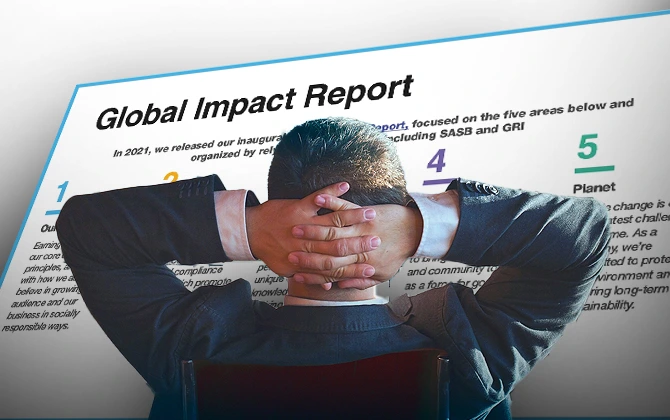SEC guidance, as part of Staff Legal Bulletin No. 14M, revives an ancient interpretation of Rule 14a-8, affecting the listing of shareholder proposals in company proxy materials.
The U.S. Securities and Exchange Commission (SEC) issued new guidance that brings back a longstanding tradition when it comes to Rule 14a-8, shareholder proposal inclusion regulation within corporate proxy statements. The action, outlined in Staff Legal Bulletin No. 14M (SLB 14M), reverses existing guidance and has the potential to greatly affect corporate governance and shareholder participation.
Main Changes in SLB 14M
Rescission of SLB 14L: The SEC has completely rescinded Staff Legal Bulletin No. 14L, restoring earlier guidance that emphasizes more a company-by-company approach in determining whether shareholder proposals are suitable. This change provides more flexibility to companies to exclude proposals that they believe are not material to their business operations.
Economic Relevance Exclusion (Rule 14a-8(i)(5)): SLB 14M reiterates the “economic relevance” exclusion in order to allow companies to exclude proposals relating to operations that represent less than 5% of total assets, net income, and gross sales, unless the proposal is otherwise material to the business of the company. This amendment focuses on materiality of the proposal to the business of the company as compared to its general social or ethical impact.
Ordinary Business Exclusion (Rule 14a-8(i)(7)): The revised guidance revives the classical methodology of the “ordinary business” exclusion, where companies may exclude proposals that participate in routine business transactions or try to micromanage the firm by requiring certain procedures or time frames. Such proposals request minutiae in detail or proposals that require particular time frames for enacting substantial policies.
Implications for Shareholders and Companies
The revival of this old structure is likely to cut down on the number of shareholder proposals on environmental, social, and governance (ESG) matters that firms must submit with their proxy statements. By emphasizing the proposal’s current relevance to a firm’s operations, the SEC hopes to dissuade proposals that are viewed as overstepping into the minutiae of management operations.
Critics say this change has the potential to dilute shareholders’ power to control business decisions on important social and ethical matters. Sanford Lewis, a lawyer who has represented shareholder activists, was worried that the new guidance gives companies “enormous latitude to say that a proposal micromanages if the proposal requests the company for details.”
They argue that the reform is needed to prevent special interest groups from abusing the shareholder proposal process so that proposals contained in proxy materials concern the essential business operations of the company.
With the 2025 proxy season around the corner, companies and shareholders will need to operate within this new regime, balancing effective shareholder engagement and the character of corporate management.



